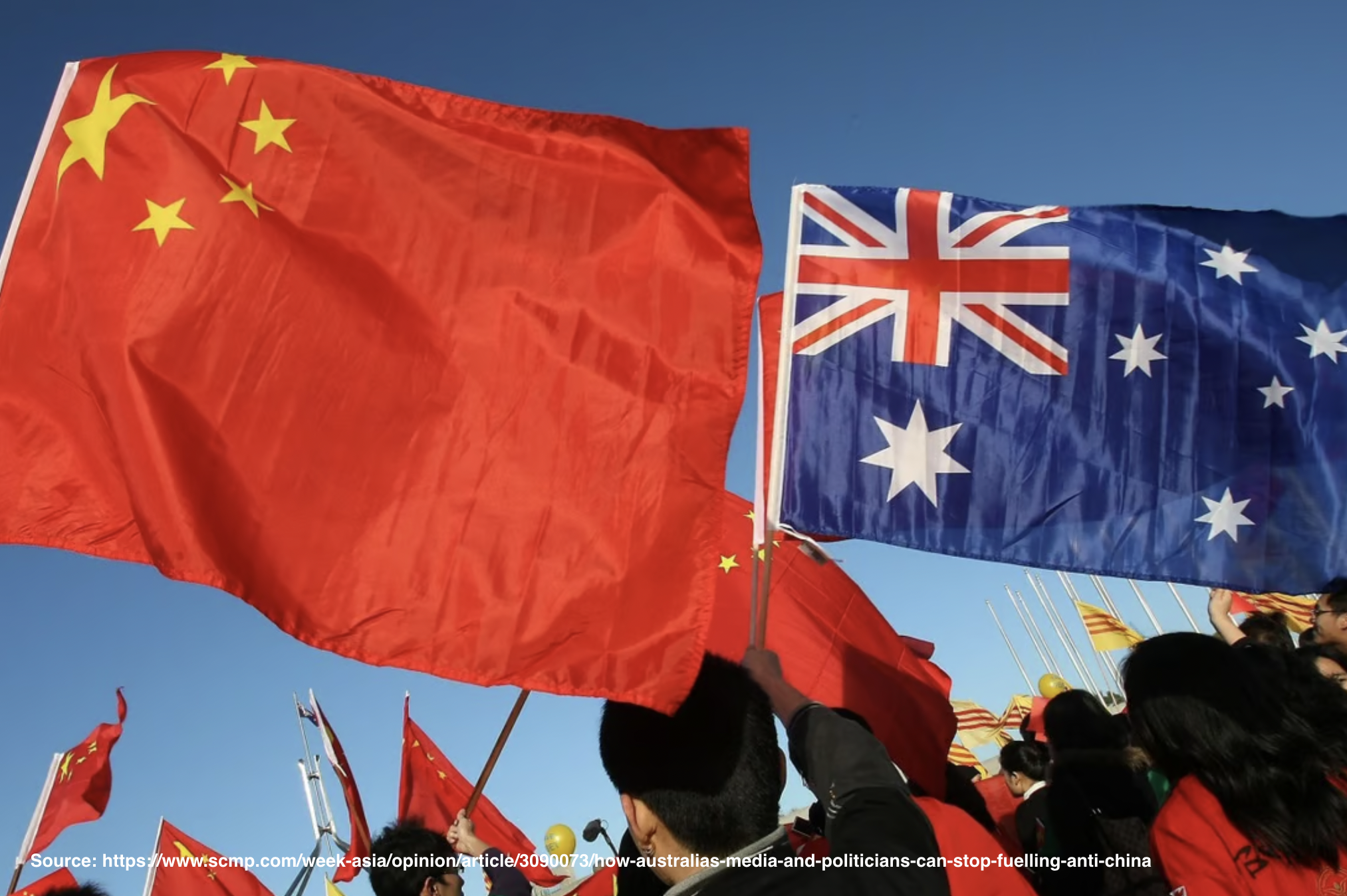Racism and Anti-China Sentiment in Australia

Downloads
This article discusses racism and anti-China sentiment in Australia. Racism is not quite popular within International Relations studies (IRs). However, this article aims to find how racism may become an exciting topic in IRs as racism has happened in many parts of the world and became widespread during and after the pandemic, including in Australia. Racism itself is not a popular topic within the study of IRs. Still, this research specifically seeks to explore the correlation between the rise of racism and the long Chinese history with Australians. This paper uses qualitative library research to focus on secondary data from previous literature and official websites. This paper argues that immigrants of Chinese or Chinese descent in Australia are, to some people, seen as second-class people. Despite being wealthy and educated like Penny Wong, discrimination towards their race is still their most significant challenge living in Australia. Covid-19 Pandemic has made the challenge more extensive and more robust. The problem is rooted in the racism that has happened and institutionalised since early Australian history. Nevertheless, although the White Australian Policy had abolished, however, racism which was reflected by the Anti-Chinese sentiment, has been continued to play a big part in Australia's foreign policy. It was reflected by the decision of the Australian government to call for an investigation into the outbreak of Covid-19 and Australia's accusation of violation of human rights by the Chinese government had done. Therefore, Australia must be open on this issue because it will help the country build better bilateral relations with its neighbours, including China.
Copyright (c) 2023 Hasanuddin Journal of Strategic and International Studies (HJSIS)

This work is licensed under a Creative Commons Attribution 4.0 International License.















